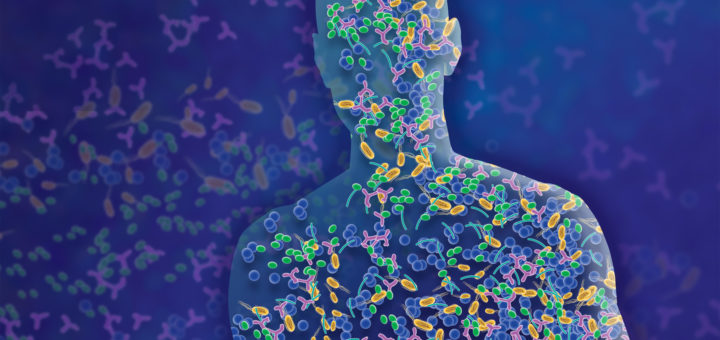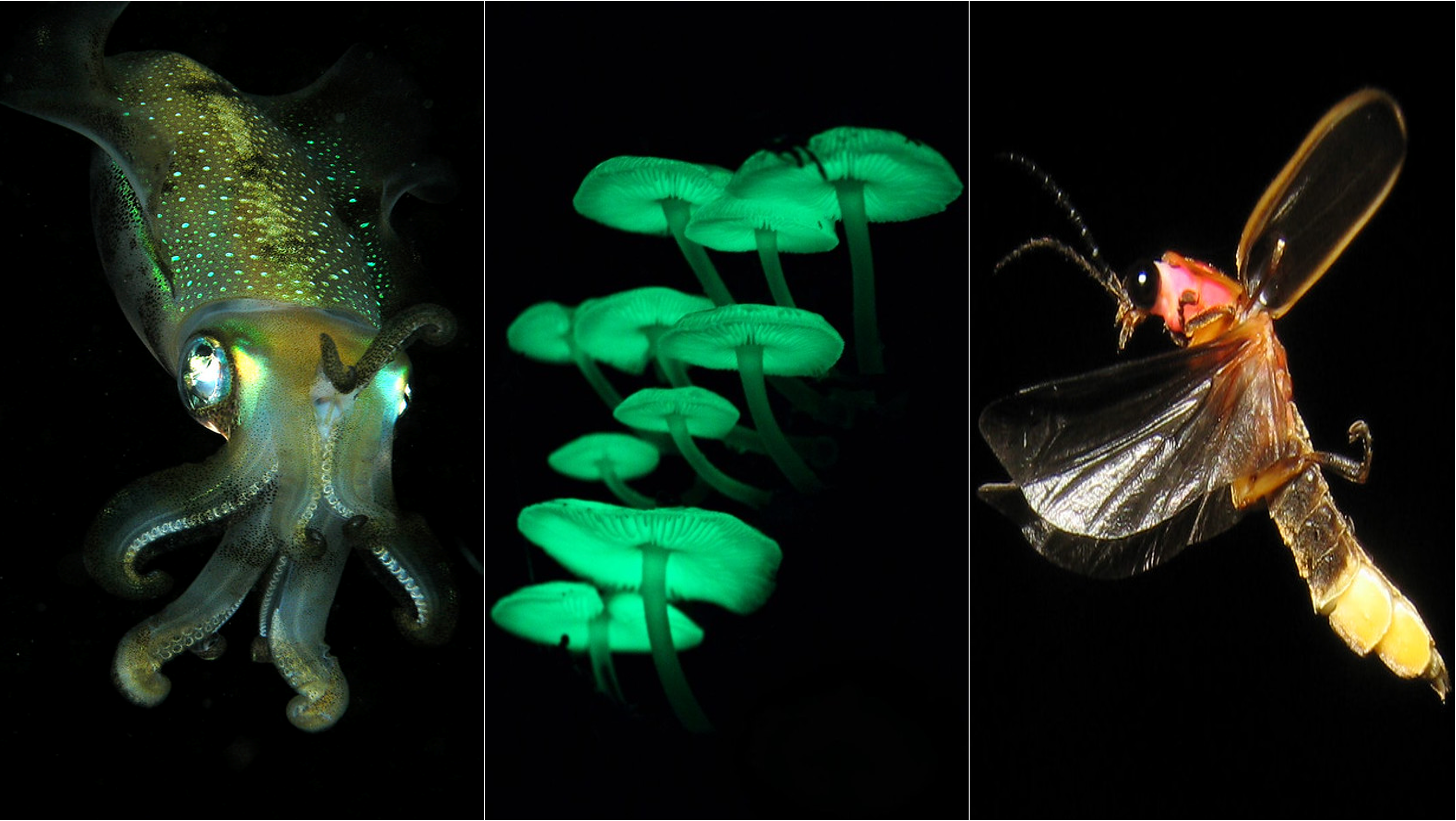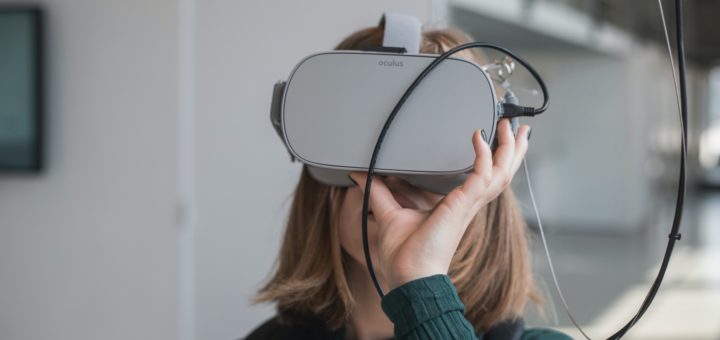An invisible hero — nanoparticles as an emerging quantum helper of the immune system
In the pursuit of understanding and defeating our microscopic adversaries, viruses and bacteria, scientists embrace the saying: “In order to defeat your enemy, you must become them”. Armed with nanoparticles, they delve into the intricate workings of the cellular world, aiming to decipher the mode of action of these nano enemies and strategise effective combat measures against them.















